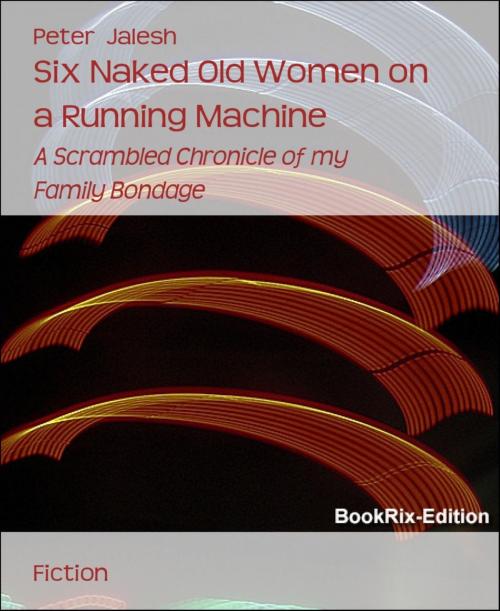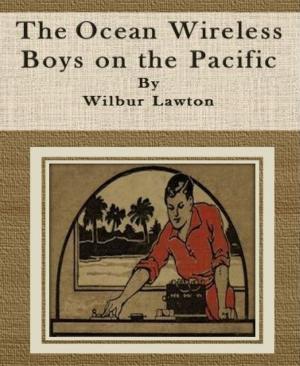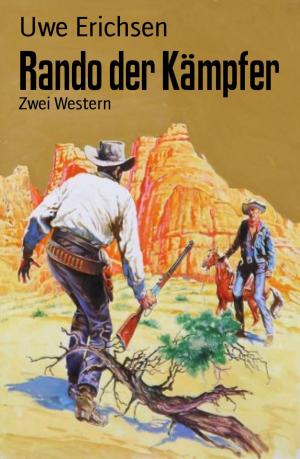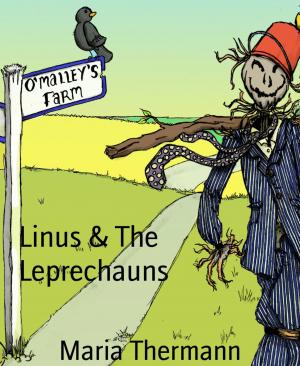Six Naked Old Women on a Running Machine
A Scrambled Chronicle of my Family Bondage
Fiction & Literature| Author: | Peter Jalesh | ISBN: | 9783864796463 |
| Publisher: | BookRix | Publication: | April 16, 2013 |
| Imprint: | Language: | English |
| Author: | Peter Jalesh |
| ISBN: | 9783864796463 |
| Publisher: | BookRix |
| Publication: | April 16, 2013 |
| Imprint: | |
| Language: | English |
My gran-grandparents from mom's side were still alive then and lived in Los Pessos. I remember the deserted town that at midday seemed endless. I used to see all the time a few donkeys galloping away on the dusty roads whenever they saw coyotes approaching. Definitely, when I was a child there were things that I didn't know or understand. Like for instance why my grand-grandpa was mean and tempered. He'd give me to eat bitter apples to see me getting hook-nosed. He almost threw me out of the house when I called him "an old wrench". He was as bad as a rabid mule. Don't get discouraged because of these unflattering remarks. My family was an honorable family claiming on official documents "respectable roots that originated on 1765, when the first Irish families got deported to the New Land. Those roots were pure Irish, with no recorded mixed blood until 1901 when an Irish woman from the clan married a Hollandaise merchant named Van Dam. Those roots had nothing to do with Los Pessos. My grand-grandparents bought a house there during the depression. Grand-grandpa joked that the price of the house was at those times on a par with a good bottle of whiskey price. The house was sited next to a pub. At night you could see dozen of cowboys cleaning their throat with cold beer stirred together with tequila shots. Sometimes before I went to sleep I could see a beautiful woman that grand-grandpa would call "the Blond Harlot" getting in and out of the pub. Most of the time she was dressed in black, with a low cut silk blouse and a short skirt - so short that I could see her panties - and wearing high hills shoes that made her look like she was stepping on hot coals. The warm breeze in the evening made me feel better than the midday hot wind. Then the warm breeze faded away to get replaced by a sandy wind. Within minutes the town got deserted. It was like the whole thing that used to move around would retire to rest. No more voices or laughs or curses: lights of the pub and houses around would gently go to sleep under blinds and rags. I forgot to tell you that the reason mom would bring me there to live with my grand-grandparents for a month or so was to learn Spanish: "Not many people on Earth are lucky to have grand-grandparents" she'd say. "Also your grand-grandpa saw plenty of gallant happenings in his life and knew how to steer clear of danger. He could tell you interesting stories. People that are ninety years old know two times more stories than people that are forty five years old". Very soon as I got there I realized that grand-grandpa had an advanced rheumatoid arthritis. He could barely walk ten steps using his silver cane he bought from Britain in 1930. The housekeeper would clean it every day to keep it shiny. The handgrip was emblazoned with a crown encircling an airplane. "I was born a pilot" he'd say. "I'm now a relic emblazoned on this cane".
My gran-grandparents from mom's side were still alive then and lived in Los Pessos. I remember the deserted town that at midday seemed endless. I used to see all the time a few donkeys galloping away on the dusty roads whenever they saw coyotes approaching. Definitely, when I was a child there were things that I didn't know or understand. Like for instance why my grand-grandpa was mean and tempered. He'd give me to eat bitter apples to see me getting hook-nosed. He almost threw me out of the house when I called him "an old wrench". He was as bad as a rabid mule. Don't get discouraged because of these unflattering remarks. My family was an honorable family claiming on official documents "respectable roots that originated on 1765, when the first Irish families got deported to the New Land. Those roots were pure Irish, with no recorded mixed blood until 1901 when an Irish woman from the clan married a Hollandaise merchant named Van Dam. Those roots had nothing to do with Los Pessos. My grand-grandparents bought a house there during the depression. Grand-grandpa joked that the price of the house was at those times on a par with a good bottle of whiskey price. The house was sited next to a pub. At night you could see dozen of cowboys cleaning their throat with cold beer stirred together with tequila shots. Sometimes before I went to sleep I could see a beautiful woman that grand-grandpa would call "the Blond Harlot" getting in and out of the pub. Most of the time she was dressed in black, with a low cut silk blouse and a short skirt - so short that I could see her panties - and wearing high hills shoes that made her look like she was stepping on hot coals. The warm breeze in the evening made me feel better than the midday hot wind. Then the warm breeze faded away to get replaced by a sandy wind. Within minutes the town got deserted. It was like the whole thing that used to move around would retire to rest. No more voices or laughs or curses: lights of the pub and houses around would gently go to sleep under blinds and rags. I forgot to tell you that the reason mom would bring me there to live with my grand-grandparents for a month or so was to learn Spanish: "Not many people on Earth are lucky to have grand-grandparents" she'd say. "Also your grand-grandpa saw plenty of gallant happenings in his life and knew how to steer clear of danger. He could tell you interesting stories. People that are ninety years old know two times more stories than people that are forty five years old". Very soon as I got there I realized that grand-grandpa had an advanced rheumatoid arthritis. He could barely walk ten steps using his silver cane he bought from Britain in 1930. The housekeeper would clean it every day to keep it shiny. The handgrip was emblazoned with a crown encircling an airplane. "I was born a pilot" he'd say. "I'm now a relic emblazoned on this cane".















